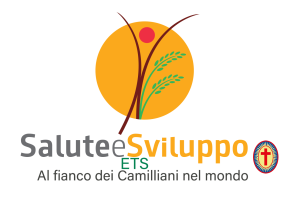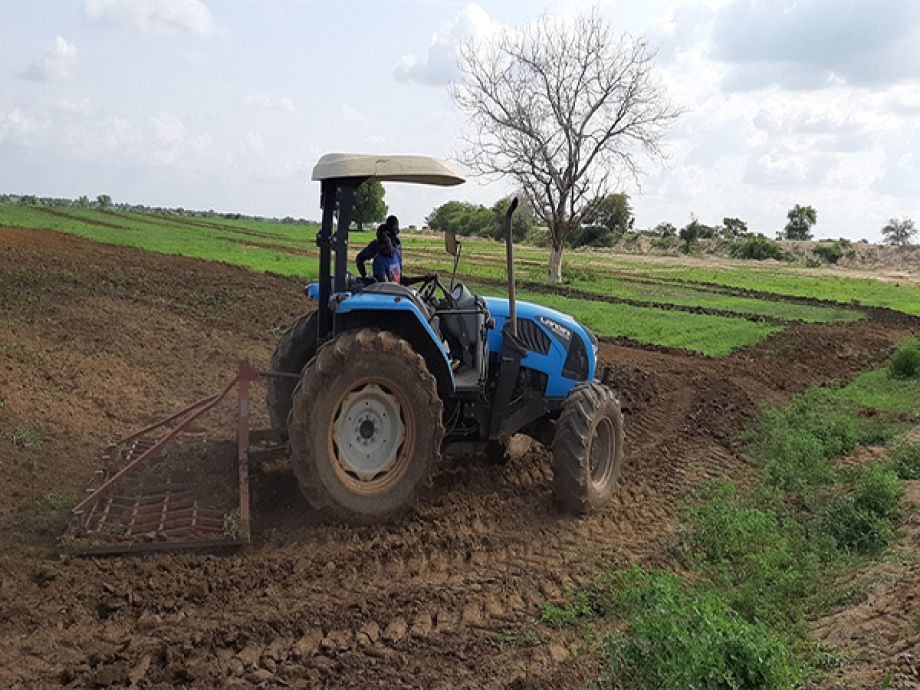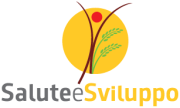IN BURKINA FASO WITH A GOAL: CULTIVATING VALUE
The New Year has just started and we at Health and Development are already on the road! The mission that saw us in Burkina Faso to plan the activities of the new project ‘Cultivating Value: good practices and innovative methods for inclusive and sustainable agro-livestock production’, financed by the Italian Agency for Cooperation and Development (AICS), ended a few days ago.
This new initiative was inaugurated at the beginning of the year and for 36 months we will be committed to strengthening the structures and production activities that we had started in 2017 thanks to the support of the Italian Cooperation – MAECI, within the project ‘Innovative rice production and valorisation of local products for food sovereignty and sustainable rural development in the Bagré area, Burkina Faso’.
We are again in Bagré, a rural area in the central eastern part of Burkina Faso, which – due to its extreme poverty – has been the focus of several of our interventions for many years. In this region, the population, already exhausted by precarious living conditions, must also deal with the fear and violence brought to the country by Islamic terrorism, which aims to make the country’s already fragile balance even more unstable.
Terrorism, which has escalated in recent years, also makes it complex to carry out cooperation projects in large areas of the country, which are considered unsafe. We at Health and Development also came up against this sad reality, having to coordinate the project from the capital Ouagadougou, instead of directly from the intervention site. Without allowing ourselves to be discouraged by this, we nevertheless decided to take on this new challenge, which has the sustainable development of the Burkinabe primary sector as its primary objective.
The key word is diversification: during these 36 months, we aim to make agricultural and livestock production in the area as varied as possible, thus guaranteeing the local population not only enough food, but a varied diet and salvation from malnutrition.
At the same time, the project will bring other benefits: thanks to the strengthening of existing farms and agrarian supply chains, more jobs will be secured for locals who, by becoming part of this production system, will be able to increase the economic capacity of the community’s families. A real improvement in conditions will hopefully help curb the desire to emigrate, considering the absorption of many locals into the new jobs that will be created.
Strengthening the primary sector is of paramount importance to achieve the project goals as agriculture and animal husbandry are still conducted using traditional methods. An important aspect of the initiative is the promotion of women’s empowerment through the transfer of knowledge to local women who will thus have the opportunity to improve family food production based on horticulture and forest products.
The project appears ambitious in terms of its objectives and at the same time difficult due to the unstable and dangerous condition of the area. Fortunately, there are many partners actively participating in the project, bringing added value: the NGO Santé et Promotion Humaine (SAPHE), which has been collaborating for many years with Health and Development for the agricultural and livestock development of the country, managing the production chains created with the previous project with local personnel; the Department of Agricultural, Food, Environmental and Forestry Sciences and Technologies (DAGRI) of the University of Florence, which specialises in food production and environmental protection and recovery in tropical and sub-tropical countries, thanks to many research and cooperation activities; the NGO AES-CCC, which has been rooted in the Burkinabé territory for many years with programmes to combat malnutrition and food security, with a specific focus on empowering women at both the local and institutional level.
In addition, several local stakeholders are joining the cause by helping us in this new challenge: Bagrépole, the Women’s Associations of the Region and the Government Departments at municipal level in the area, all of which are rooted in the territory with the ability to act in a timely manner in solving any problems.
Despite the endemic difficulties of the area, the Health and Development project is designed to be lasting, sustainable and rooted in the territory: the fundamental objective is to bring about a positive change in Burkinabé productive capacity, which will prove to be so at the end of the 36 months, enabling the local population to improve their living conditions in the long term.
We are only at the beginning of this new adventure, an ambitious challenge that we hope to win, thanks to the funding from AICS and the valuable cooperation of partners. We will always keep you updated on the small and big milestones we achieve!




